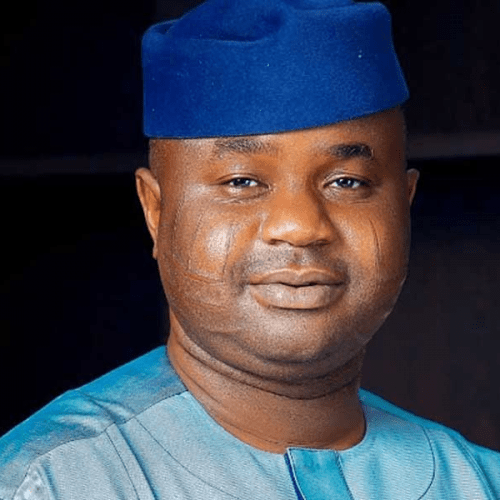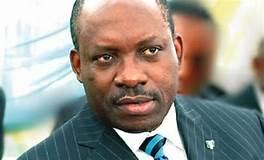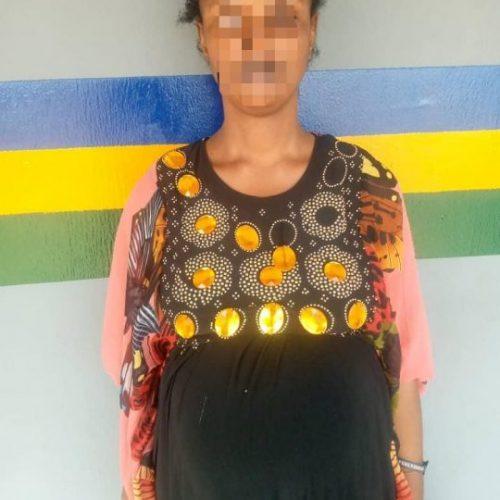The Vice President, Prof. Yemi Osinbajo has said the federal government made a strident effort to improve the health of Nigerians, including committing over N80 billion to equip health institutions across the country. He said this yesterday while declaring open a two-day summit on Primary HealthCare Development in Nigeria held in Abuja.
In addition, Osinbajo said the federal government had also set up a special fund under the Basic Healthcare Provision Fund to help address the high cost of healthcare for the poor.
Osinbajo’s explanation came just as the Chairman of the Dangote Group of companies, Alhaji Aliko Dangote advised the federal government to prioritise the promotion of public-private partnerships in the area of pharmaceutical manufacturing, investments in technology, training of health workers, and improving Primary Healthcare Care (PHC) infrastructure.
While speaking on funding expectations, Executive Director of the National Primary Healthcare Development Agency (NPHCDA), Dr. Faisal Shuaib said that Nigeria would require about N2. 7 trillion over a 10-year period to get to the right PHC standards.
Also, the Minister of Health, Dr. Osagie Ehanire said the government was determined to revitalise facilities and services at the various healthcare centres at designated communities.
He proposed that subnational governments should consider supporting the federal government’s one percent of consolidated federal revenue (CFR ) to Basic Health Care Provision Fund with equal matching grants for their own states and for Local Government Areas, respectively.
Speaking further, Osinbajo said the government had initiated measures to contain the challenges posed by the COVID-19 pandemic by introducing the Economic Sustainability Programme and establishing Health Sector Intervention Fund.
According to Osinbajo, the government has so far spent about N80 billion to finance the acquisition and installation of critical medical equipment in the hospitals.

” I think it is appropriate that we should reflect more on the state of Primary HealthCare in Nigeria, especially tracking the progress made in the key components of the Primary HealthCare such as public education, immunisation, clean water, and sanitation, maternal and child healthcare and drug provision,” he said.
Osinbajo further said the federal government was pursuing the initiative of collaborating with the private sector to enhance the development and operations of the health sector.
On his part, Ehanire said the federal government’s target was to have at least one functional PHC per ward, along with an adequate complement of human resources for health, comprising at the least of nurses, skilled birth attendants and other staff for basic healthcare.
Ehanire said part of the new strategy also requires that there should be an obligatory source of potable running water and a steady power supply with solar aggregate, for a conducive environment to deliver quality healthcare services.
According to the minister, “the foundation of any strong health system and for Universal Health Coverage rests on a robust, resilient PHC system, where health experts reckon that up to 70 percent of the country’s disease burden can be treated and vital disease prevention and health promotion education can be given, including immunisation, routine and mass drug administration for various chronic diseases”.
He added that strengthening PHCs, not only assures better population health, but reduces the workload on secondary and tertiary Healthcare levels and also the catastrophic out-of-pocket patient spending on health.
Ehanire said in order to achieve universal health coverage and SDG targets, PHC funding has to expand, to reduce out-of-pocket costs for healthcare to less than 30 per cent.
On his part, Dangote who spoke at the summit organised by the NPHCDA and partners said the emphasis should be for the government to ensure that the health sector was strong enough to withstand crises such as the one witnessed during the outbreak of COVID19, two years ago.
“I believe that our focus should be on improving public-private partnerships, which will enable us to create the system we need to support the health of our 200 million citizens.
“This includes pharmaceutical manufacturing, investments in technology, training of health workers and improved PHC infrastructure, among others,” he added.
Dangote said the pandemic highlighted and, “exacerbated our vulnerability in primary healthcare centres, hence the need to make sure that it never happens again.”
“That never again will we see the gains made in health be wiped out because the system isn’t strong enough to withstand a crisis. That more children die of malaria because all the focus has moved to covid-19 prevention…that more pregnant women with HIV pass the virus on to their babies because their drugs were no longer the priority as all resources went to fighting Covid-19.
“What lessons do we learn from the millions of Naira invested in PHC in Nigeria over the past decade? Do we need to do more? How do we move forward and do better? What do we do when the next pandemic comes knocking?” he said.



















